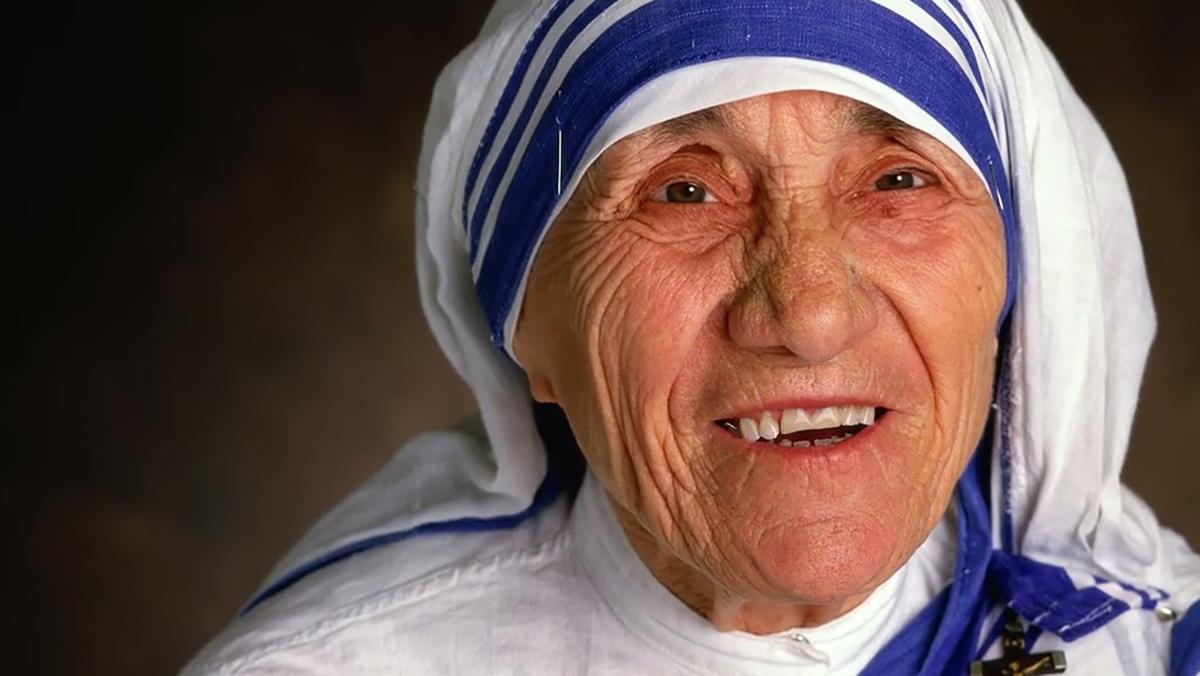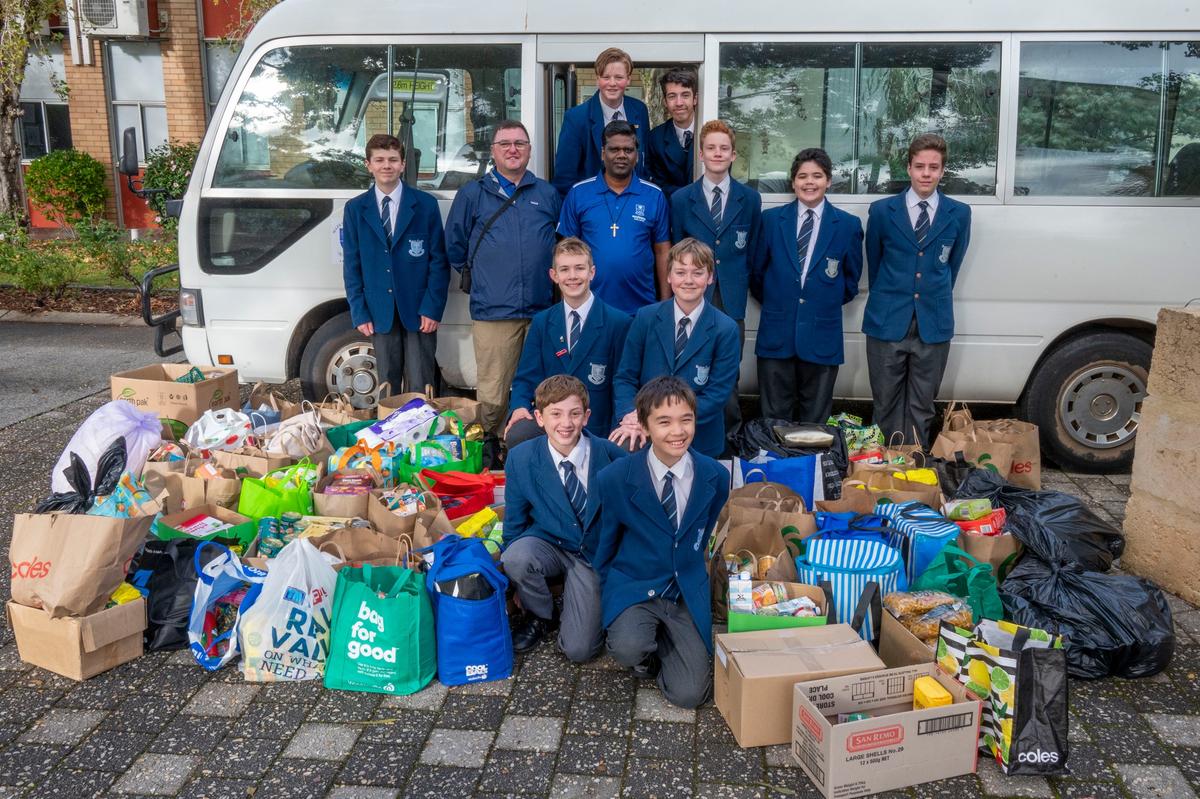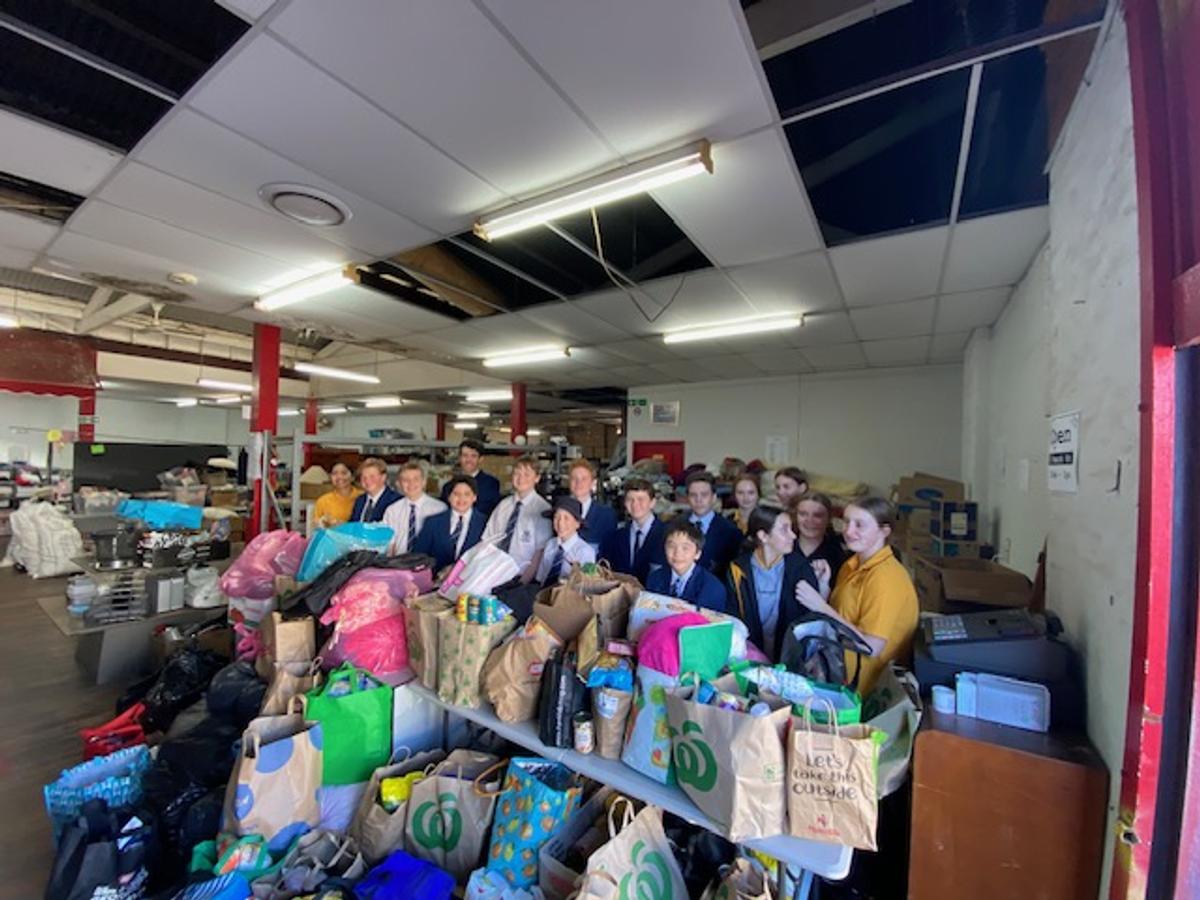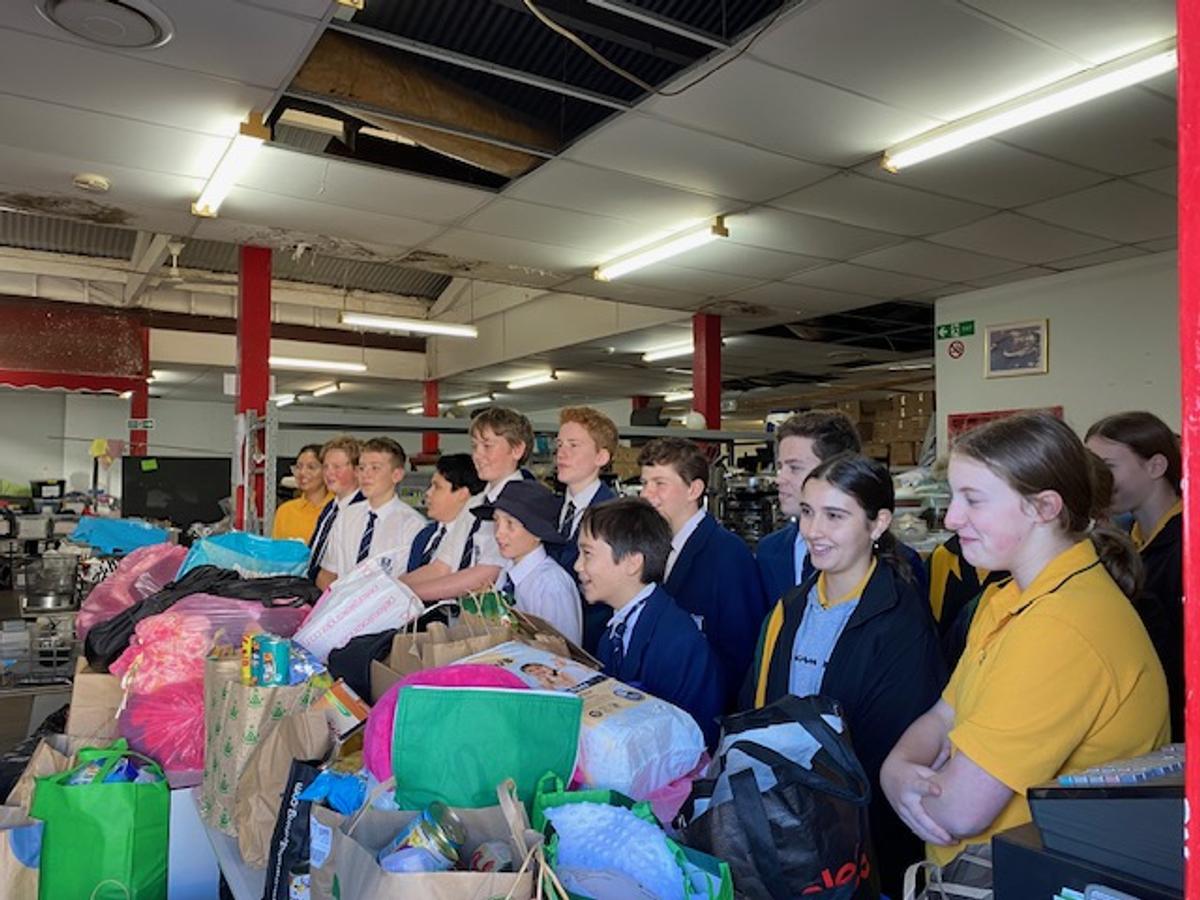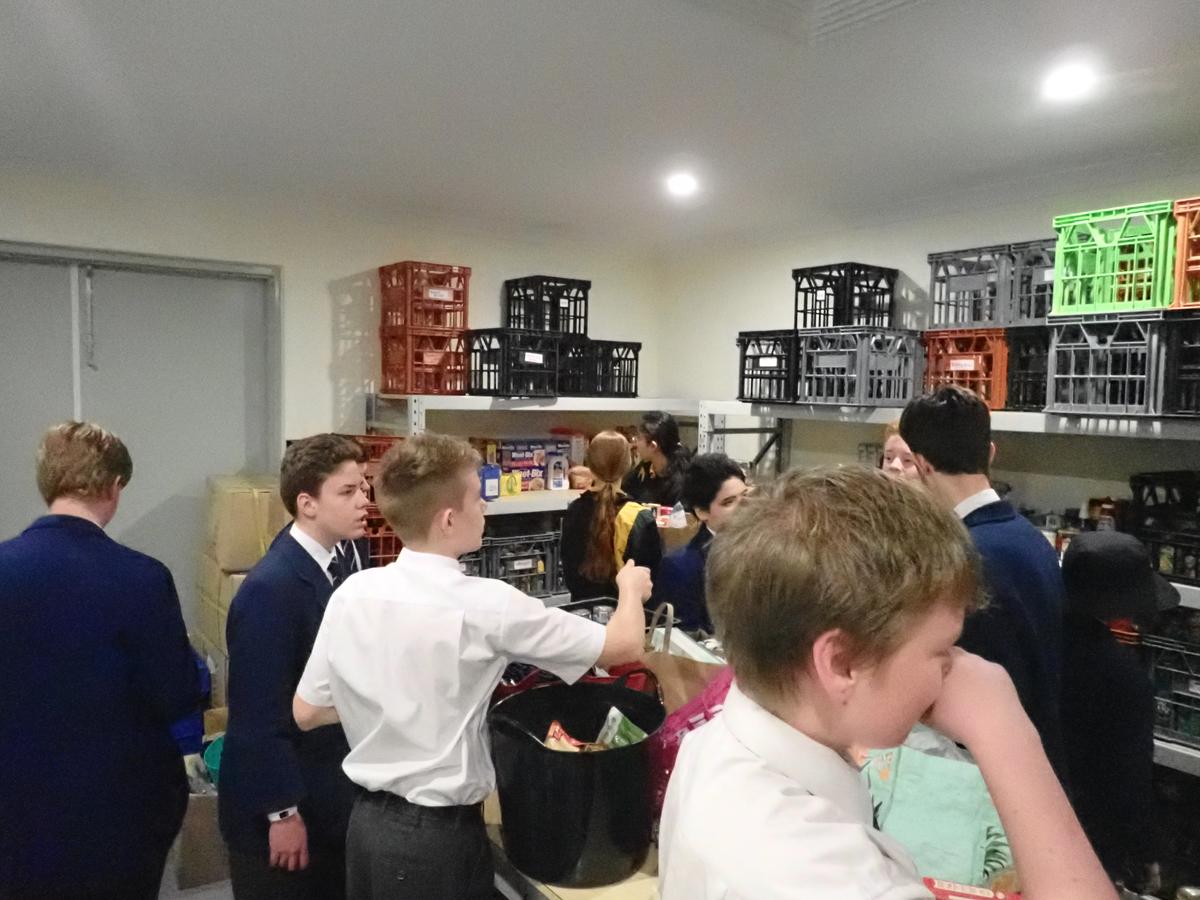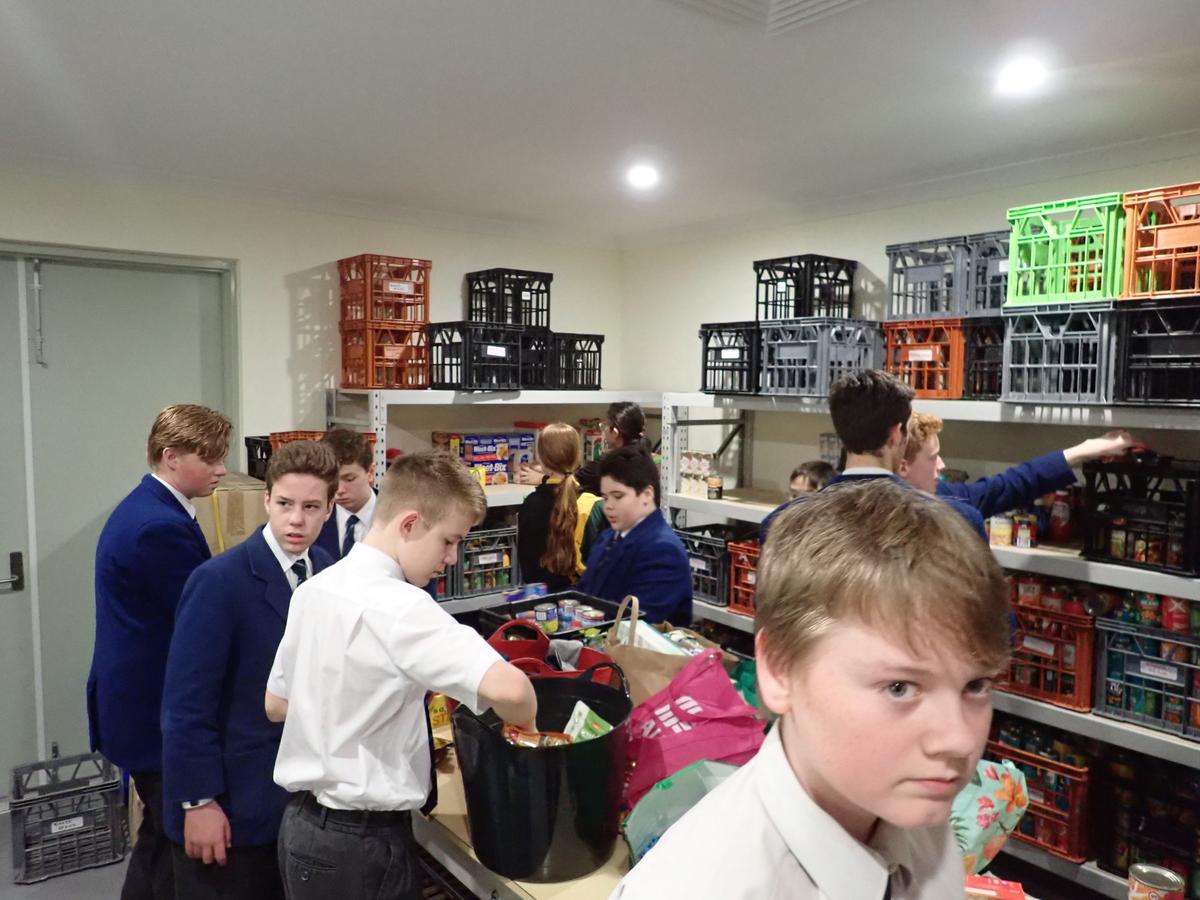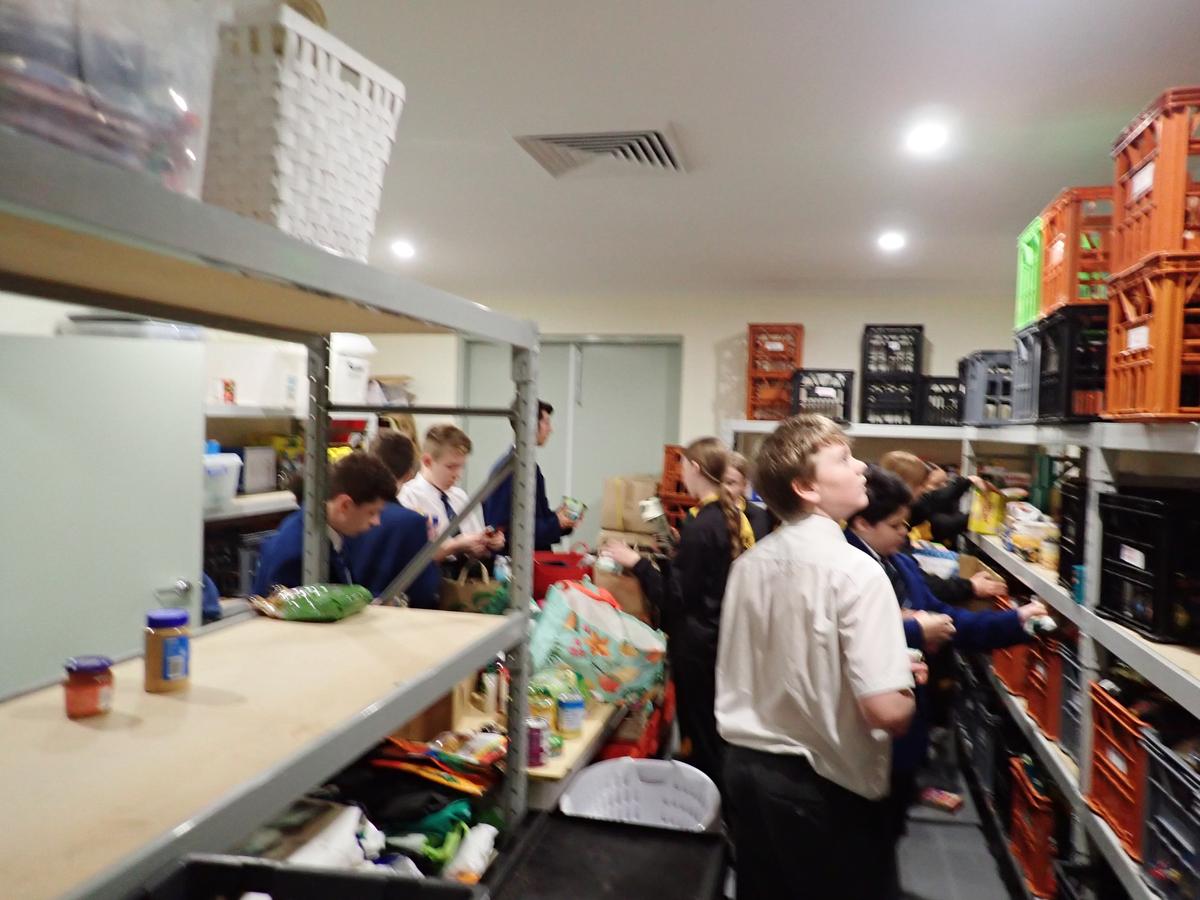Faith and Mission
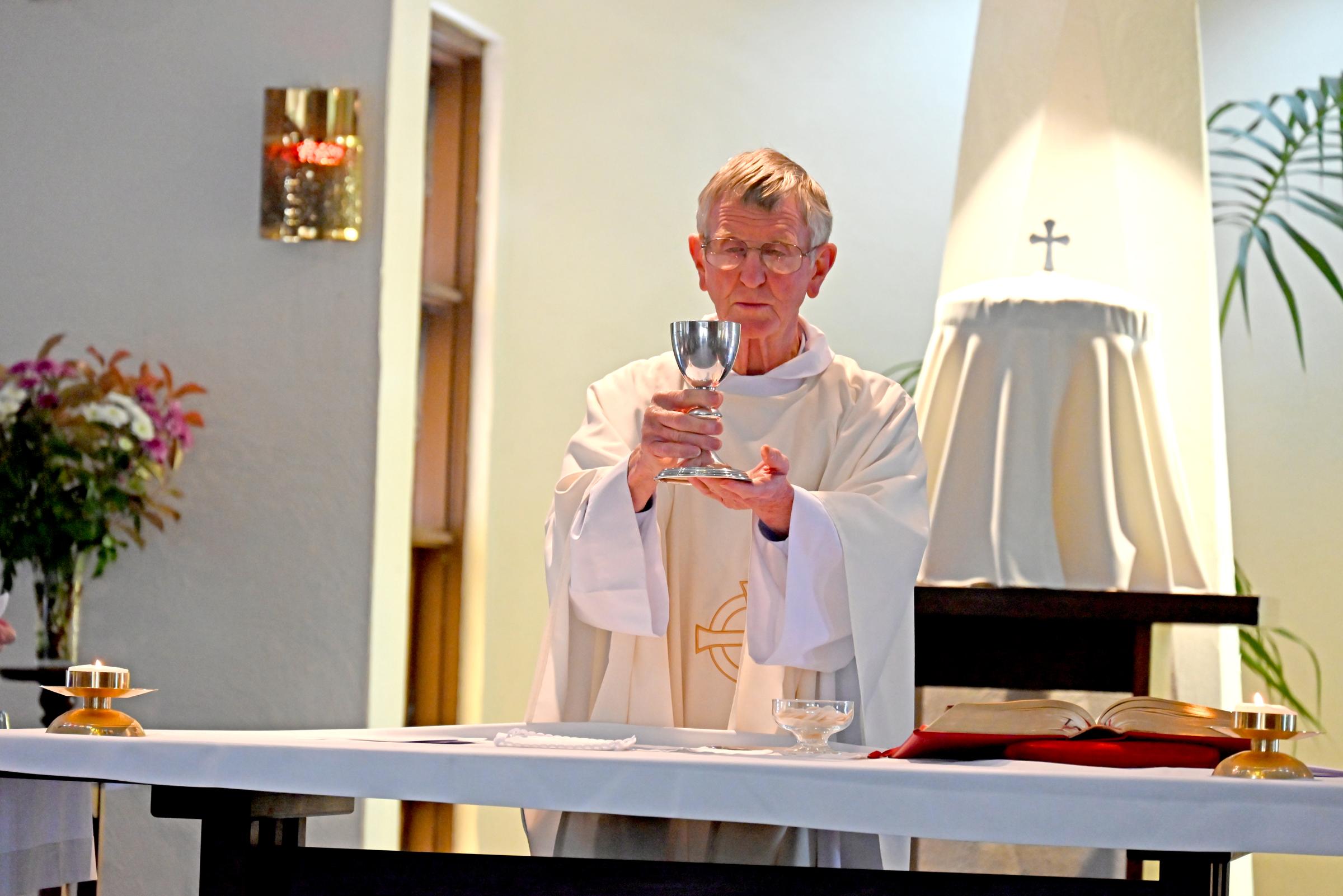
“We are all children of God…servants, farm workers, peasants, the poor, diseased, suffering…you are all co-heirs to the Kingdom. In you is an immortal soul that was made in God’s image…you are more precious in God’s eyes than all the riches on earth. Know that dignity!”
- St Eugene de Mazenod
Prayer for Happiness
– Saint Mother Teresa of Calcutta
May, today, there be peace within you.
May you trust God, that you are exactly where you are meant to be.
May you not forget the infinite possibilities, that are born of faith.
May you use those gifts that you have received,
and pass on the love that has been given to you.
May you be content knowing that you are a child of God.
Let His presence settle into your bones,
and allow your soul the freedom to sing, dance,and to bask in the sun.
It is there for each and every one of you.
Winter Appeal – Can Drive
With the cost-of-living crisis hitting many Western Australians and their families, it was heart warming to see the number of donations of non-perishable food that have flowed into the College over the last couple of weeks.
On Thursday the Mazenod Vinnies Conference members helped to transport the food down to The Shopfront in Bentley and St Pats Community Support Centre in Fremantle. Both organisations are supporting large numbers of people who are currently struggling financially in our community. We were also joined by teachers and students from our sister school, St Brigid’s College. These donations will go a long way to help struggling families to put food on their tables. Thank you to everyone who donated so generously to the Winter Appeal. You support has been gratefully received.
Flower Roster Volunteers
Morning Mass
Week day Masses begin at 8:00am in the College Chapel. However, Wednesday morning Mass begins at 8:10am. These Masses are assigned to a group of students who are involved in their preparation and focus on a particular theme or feast day. Below is a table outlining this term’s Wednesday masses to which everyone from the Mazenod community is extended a warm invitation to attend.
Term 2: Wednesday Masses
| Week 7 | June 7 | Gerard |
| Week 8 | June 15 | Grandin |
| Week 9 | June 22 | NAIDOC |
Laudato Si 49: Cries of the Earth, of the Poor
Pope Francis 2015
There is a deep interconnection between the health of Country and the health of First Nations people. During National Reconciliation Week it is timely to reflect on the relationship that exists between the ‘cry’ of the earth and the ‘cry’ of the poor and dispossessed.
49. It needs to be said that, generally speaking, there is little in the way of clear awareness of problems which especially affect the excluded. Yet they are the majority of the planet’s population, billions of people.
These days, they are mentioned in international political and economic discussions, but one often has the impression that their problems are brought up as an afterthought, a question which gets added almost out of duty or in a tangential way, if not treated merely as collateral damage.
Perhaps we can say that like environmental concerns, issues involving the poor don’t get attention from the 1%.
Indeed, when all is said and done, they frequently remain at the bottom of the pile. This is due partly to the fact that many professionals, opinion makers, communications media and centers of power, being located in affluent urban areas, are far removed from the poor, with little direct contact with their problems.
They live and reason from the comfortable position of a high level of development and a quality of life well beyond the reach of the majority of the world’s population.
This lack of physical contact and encounter, encouraged at times by the disintegration of our cities, can lead to a numbing of conscience and to tendentious analyses which neglect parts of reality. At times this attitude exists side by side with a “green” rhetoric.
Today, however, we have to realize that a true ecological approach always becomes a social approach; it must integrate questions of justice in debates on the environment, so as to hear both the cry of the earth and the cry of the poor.
The Holy Father seems to be leveraging two issues here. Do you suppose it will get him much traction with people who more strongly identify with just one of these issues?
How might getting to know local First Nations people and talking with them about caring for country make a difference for the environment and for First Nations peoples themselves?
Damian Wallis
Director of Faith and Mission

